Paul Kent: How recruitment and retention committees threaten to bring down NRL clubs
NRL coaches are no longer unable to live and die by their own swords as rookie administrators infiltrate football committees they have no business being on, PAUL KENT writes.
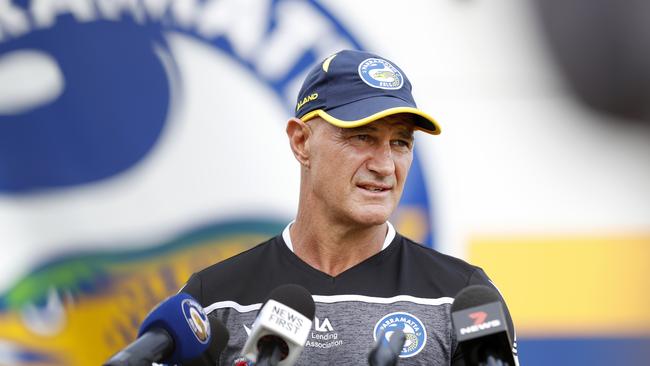
NRL
Don't miss out on the headlines from NRL. Followed categories will be added to My News.
Too often retention and recruitment committees operate under an all care, no responsibility policy. The coach is generally included, a show of intent, while secretly he remains the fall guy.
As debate swirls around Parramatta for another day, the Eels doing their best to leave it behind but the noise ensuring it stays current until at least their next win, a simple look at neighbouring clubs might reveal the depth of Parramatta’s problems.
A great truth in the NRL is that some people don’t know what they don’t know, and it is particularly true of rookie administrators.
Watch The 2021 NRL Telstra Premiership Live & On-Demand on Kayo. New to Kayo? Try 14-Days Free Now >
In recent seasons Dean Pay, John Morris and Paul McGregor have all failed because they lacked full control over their roster, which is kind of like boxing with two left gloves and banana peels for shoes.
It can end only one way.
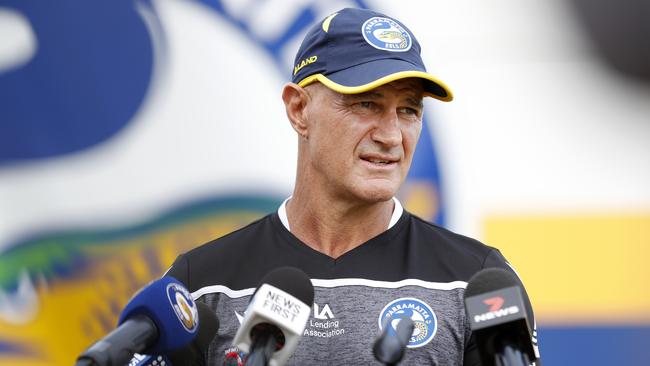
Cronulla’s retention and recruitment committee was dominated by head coach Shane Flanagan when the Sharks were travelling but that all changed quickly once Flanagan was suspended.
Governance became the new catchphrase as Cronulla attempted to reel in irregularities that cost Flanagan his job and was very lucky not to cost the Sharks their 2016 premiership.
For instance Steve Mace, now the chairman, began attending meetings basically to ensure proper governance was undertaken but by meeting three, or perhaps it was meeting four, Mace was having input on playing personnel.
John Morris was the new coach and around him at the club’s weekly retention and recruitment meetings, Morris had a strong ally in then chief executive and former Rothman’s Medal winner Barry Russell, who knew footy, but Russell did not see it out.
In the end, Morris was constantly outvoted.
This is where internal politics drift into areas fans and members rarely hear about and when they do it is all too late.
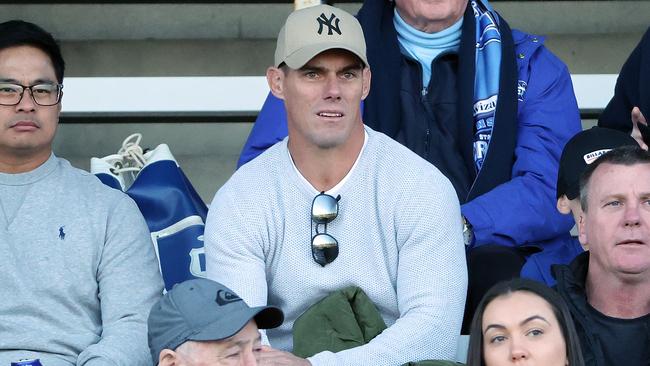
This is a similar place to where Parramatta are at the moment, despite the propaganda coming from the club at the moment.
The Sharks were in some trouble after Flanagan left.
The salary cap was out of shape with high wages being paid to the likes of Josh Dugan, Andrew Fifita and Matt Moylan, part of the reason the committee was reshaped, to ensure it would not happen again, but almost immediately Morris was told to get the cap in order.
Mace kept telling Morris the focus was to clean up the club’s salary cap.
“We’ll get into the market in 2022,” he would say.
Morris understood but it was far from complete agreement. A young coach with strong ambition, he knew before anything else coaches were judged on wins and losses.
The same was already happening across town at Canterbury. Dean Pay was the head coach but given no room to work within the cap and Pay soon realised he was a dead man walking, employed to fix the cap for whomever came next.
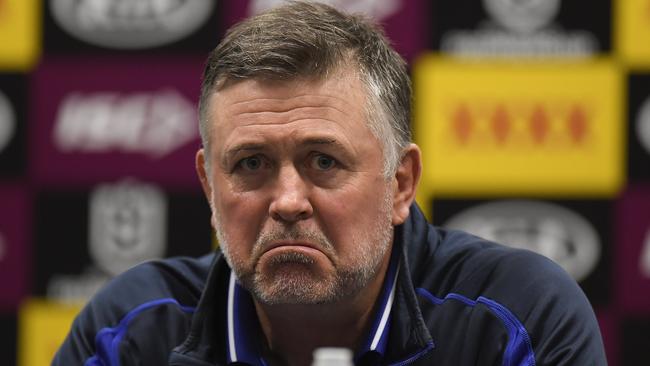
To get Morris to focus on the cap first, and personnel second, he was assured the club had long-term intentions for him. But, like Pay, and now Brad Arthur at Parramatta, he grew continually frustrated by opinions on footballers from men who were not at the coalface.
For instance, Morris saw a young tearaway called Toby Rudolf coming through the ranks and wanted the Sharks to move quickly to extend him.
Rudolf was on $75,000 a year, so vulnerable to poachers.
The Warriors got interested and began negotiations, offering $200,000-$250,000 a year deal. Rudolf said Cronulla only needed to match the offer for him to stay but the Sharks responded with a polite offer of $160,000 a year.
Rudolf told them if they could match the Warriors he would stay, but they didn’t.
Rudolf signed with the Warriors before changing his mind. Then Canterbury got interested and came in with a deal that matched his growing performances, up now to $500,000 a year and growing to $600,000 by his third season.
At this, Cronulla had no choice but to roll the sleeves up and, in good news, in May they finally got their man.
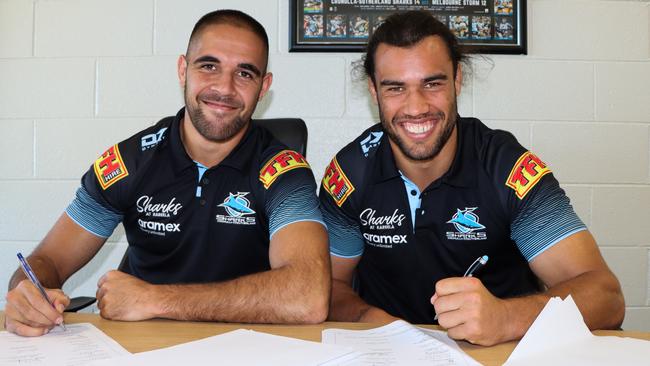
In bad news, the Sharks are parting with more than $600,000 a season, or triple what they could have originally got him.
All because, at its heart, the committee overruled the coach at the coalface.
On the flip side, when Morris was finally sacked in April, a month before Rudolf re-signed, and with the cap beginning to find order, the club claimed sitting on the cusp of the eight was not good enough and that making the finals was its priority.
All care, no responsibility.
Retention and recruitment committees at Parramatta and Cronulla were seen as necessary evils after both clubs were busted cheating the salary cap amid other failings in their operation.
But, like happens too often in the game, ego gets involved and suddenly those whose expertise is corporate governance suddenly want a say in what makes a footballer.
They don’t know what they don’t know.
And all the coach can do at that is nod, and pray, his future in silent hands.



